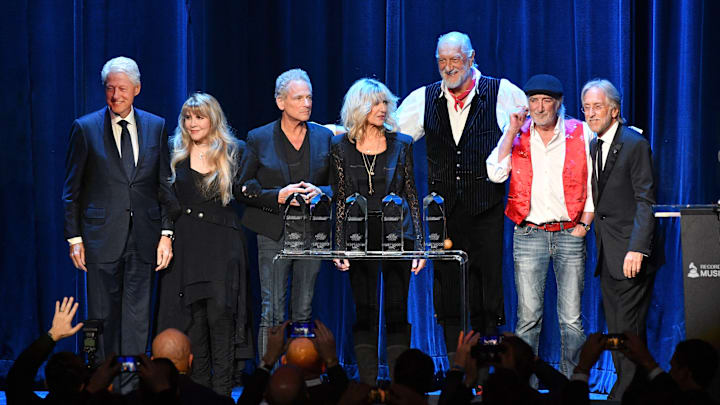1932 – “HAPPY DAYS ARE HERE AGAIN” – Franklin Roosevelt
Arguably the most significant campaign song ever written was penned on the eve of the Great Depression by Milton Ager and Jack Yellen. It became a panacea for a nation in turmoil once the economy collapsed. Prior to the ’32 election, it was popular as both a single and on-screen as part of Charles Reisner’s 1930 movie Chasing Rainbows.
Ager’s melody is peppy and upbeat, and is ideally suited for the optimism of Yellen’s lyrics: “Happy days are here again – The skies above are clear again – So let’s sing a song of cheer again – Happy days are here again.” The song was played at the Democratic National Convention when Roosevelt claimed the nomination and was a staple at his campaign stops.
It set the exact right mood for a country desperate for renewed vigor and energy. As we all remember from history class, FDR went on to defeat incumbent Herbert Hoover, launch the New Deal, and win three more presidential elections before his death in 1945. The tune has been the unofficial theme song of the Democratic Party ever since.
1960 – “HIGH HOPES” – John F. Kennedy
Songwriters James Van Heusen and Sammy Cahn wrote the eternally optimistic “High Hopes” in 1959, and mega-star Frank Sinatra sang it in Frank Capra’s movie A Hole in the Head. It became a significant hit for Sinatra and won the Oscar for Best Song.
Kennedy’s brother-in-law Peter Lawford was a member of the Rat Pack – the group of ultra-cool nightclub performers-turned-actors headed up by Sinatra and for a while the singer and the senator became good friends. Sinatra recorded a new version of “High Hopes” for JFK’s campaign in 1960 with new lyrics: “Everyone is voting for Jack – ‘Cause he’s got what all the rest lack – Everyone wants to back Jack – Jack is on the right track,” and concluding with “Vote for Kennedy – Vote for Kennedy – And we’ll come out on top – Oops there goes the opposition kerplop.”
The jazzy arrangement emphasized Kennedy’s vigor and helped him appeal younger crowds. He won a close election over Richard Nixon. When Sinatra found himself largely shunted to the side after the election, he soured on Kennedy, and eventually became a staunch Republican supporter.
